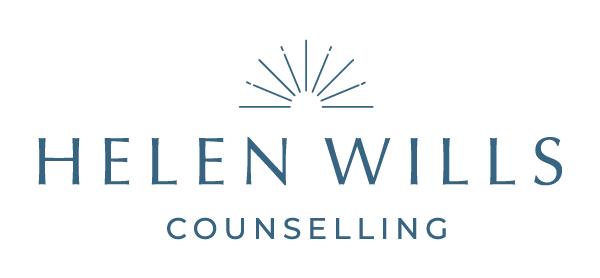Frequently asked questions
Things you might want to know about counselling or coaching...What happens in the first session?
I will take a brief history and explain how the sessions will work. Please don’t worry; this is an opportunity for you to tell me what’s been going on for you, and for us to agree an approach moving forwards.
Where are you based?
I offer therapy in St Albans, either at my town centre therapy rooms or from my office at my home. I also offer both counselling and coaching online; we can agree what works best for you during our initial call.
What will we talk about?
Anything you want and need to! All the stuff you think you “shouldn’t” talk about, that you think might be boring for others – I’m here for it. And if you don’t know what to talk about, that’s fine too. I will help you work out what’s important. Silence is fine too – often it’s the space and time to just sit that brings up what’s important for us.
How can I get the most from counselling?
The most important thing you can do is show up and be yourself. It might help to make some notes during the week between sessions, to remind yourself of things that feel important, but in a session there is no pressure to do anything. Just notice how you feel, and try to accept it.
How much does it cost?
Both counselling and coaching sessions last 50 minutes and cost £70. I have a small number of concessions available for specific circumstances, and I operate a waiting list for these.
Is counselling and coaching confidential?
Yes. Everything you tell me stays between you and me, apart from certain exceptions, notably, if I am concerned for your safety or that of another person, or as required by law. All professionally qualified counsellors also have a supervisor, with whom I may discuss aspects of your therapy; I will not share any identifying information with my supervisor.
How long does therapy take?
Therapy is very personal. Some people find relief from their symptoms within the space of a few weeks; others discover opportunities to work more deeply and may spend a year or more with a counsellor, or even switch counsellors to work on different aspects of their lives. If this happens, I have a network of colleauges I can recommend to help you.
What is the point of therapy?
Wanting to see a counsellor is sometimes ridiculed and dismissed as something for weak people. I believe the opposite. It takes strength to look at problems and coping strategies that aren’t serving you, and sometimes the harder decisions in life are difficult to make without objective, compassionate support. Counselling can help you see things more clearly, and give you the strength to change old patterns of behaviour that are no longer serving you.
What's the difference between counselling and coaching?
Whilst counselling has an emotional focus and can help you resolve emotional traumas or patterns of responding, coaching will usually focus on developing an action plan to resolve specific challenges. You will identify goals, and focus on your strengths to achieve them. Coaching may take place in shorter bursts of time, and you may revisit your sessions as you progress. Counselling often takes longer, although some clients get good results within just a few sessions.
What happens if I have to cancel?
If you cancel within 48 hours of your appointment, I will try to offer you an alternative. Cancellations with less than 48 hours notice will be payable. Making a commitment to ongoing, regular sessions is part of the therapeutic process and consistency will benefit you.
